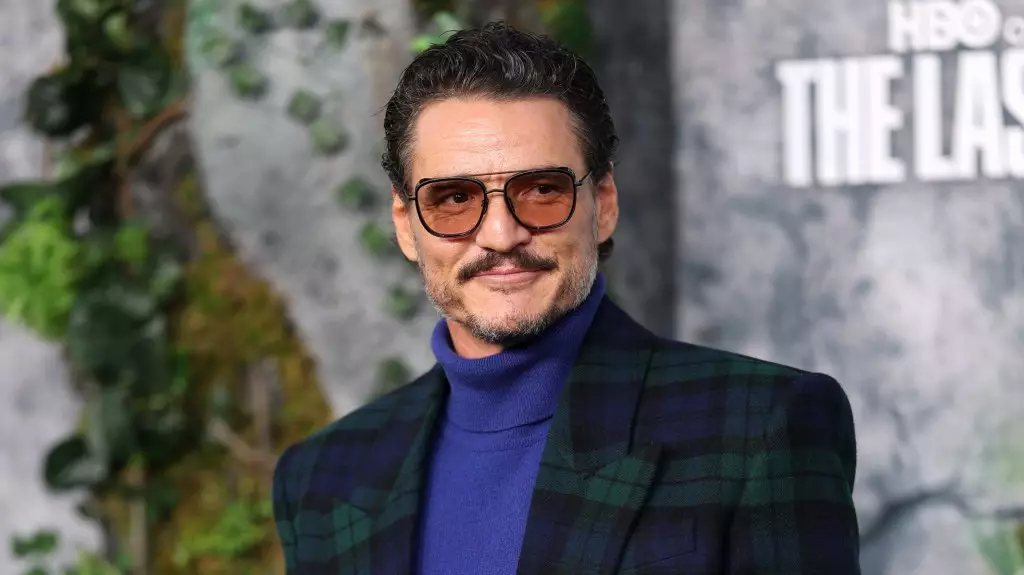Pedro Pascal has established himself as a versatile actor capable of navigating various genres, but his involvement in the highly anticipated *The Fantastic Four: First Steps* represents a daunting challenge. Pascal, who will embody the iconic character Reed Richards—better known as Mister Fantastic—expresses a mix of excitement and trepidation. The film, poised for release on July 25, sets itself apart with a retrofuturistic theme located within a parallel universe of the 1960s. This unique premise not only revives beloved comic book characters but also invites the audience into a creatively reimagined environment, marking yet another attempt to bring the *Fantastic Four* to the silver screen.
The Weight of Expectations
The emotional weight that comes with joining a franchise as historic as *The Fantastic Four* is palpable. Pascal’s admission of feeling “really intimidating” illustrates the pressure actors feel to meet fan expectations. This phenomenon is far from new; actors in similar positions often grapple with the responsibility of honoring the source material while also making the character their own. Pascal reflects on his past roles in major franchises, such as *Game of Thrones*, *Narcos*, and *Star Wars*. Each endeavor, despite being unique, has come with its own anxieties and expectations. Not only does he want to resonate with viewers, but he must also remain true to his artistic integrity, balancing personal authenticity with fan anticipation.
A New Spin on Familiar Faces
Co-star Joseph Quinn, who takes on the role of Johnny Storm, further emphasizes this evolution by contrasting his character with previous interpretations, notably Chris Evans’ portrayal in the 2005 adaptation. Quinn articulates the necessity of modernizing the character to reflect contemporary sensibilities, suggesting that while Johnny may have once been viewed as a carefree womanizer, the current societal landscape calls for a more nuanced approach. This thoughtful evolution in character development underscores a broader trend in modern cinema: the demand for characters who are relatable and multidimensional. The discussions with MCU’s mastermind Kevin Feige illustrate the careful crafting required to ensure that each character resonates with today’s audience.
The Allure of the Digital Age
The technological advances in filmmaking also play a significant role in this reinterpretation of *The Fantastic Four*. The 1960s setting not only offers a nostalgic visual aesthetic but allows for an exploration of themes that are relevant today. As storytelling evolves, filmmakers now have the tools to create an immersive experience that blends rich history with futuristic innovation. Pascal and Quinn are well aware of this responsibility, knowing that their performances will contribute to the franchise’s legacy and influence how upcoming generations perceive these classic figures.
In a world increasingly defined by individual narratives and shifting cultural values, this upcoming iteration of *The Fantastic Four* may serve as a model for modern superhero storytelling, one that seeks deeper connections within its characters while embracing the flamboyance of its comic book origins. Through the talents of Pascal, Quinn, and the visionary guidance of Matt Shakman, the film promises not only to entertain but to redefine the very essence of what it means to be a superhero in today’s cinematic landscape.


Leave a Reply